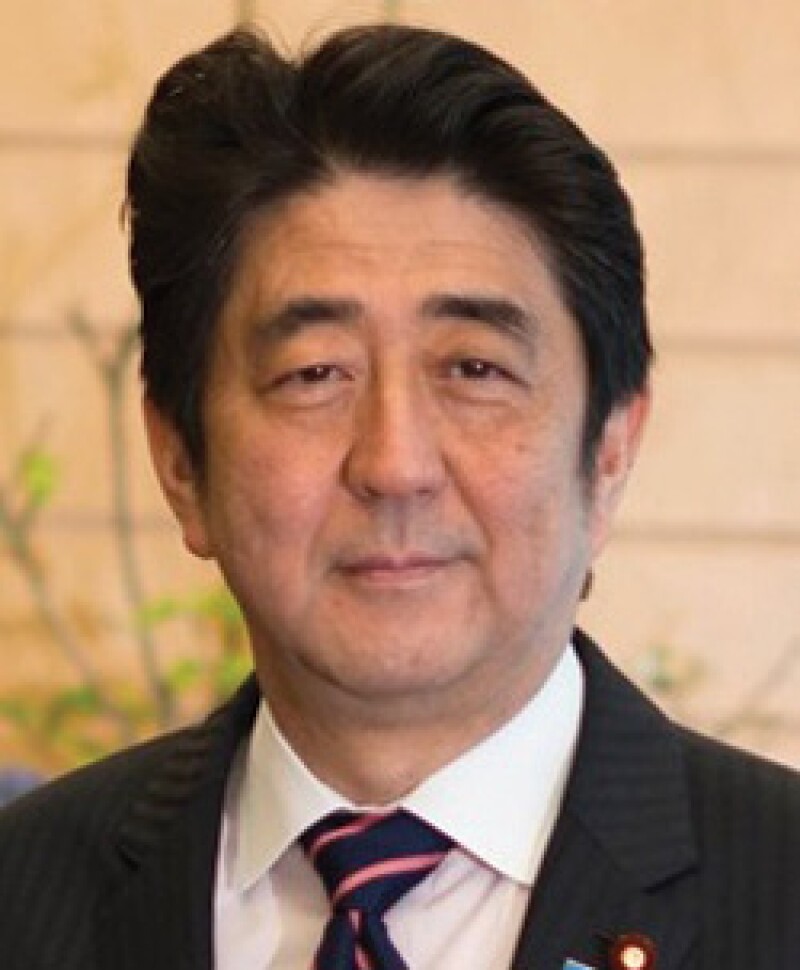
Shinzo Abe has remained steadfast in his desire to implement tax reform measures in the face of opposition from members of his own Liberal Democratic Party and objections from some of his closest advisers.
His plan includes reducing Japan’s corporate tax rate, which stands at one of the highest in the world, and he also wants to implement a consumption tax rise. Japan’s room for manoeuvre and ability to implement reform were severely hampered by the 2011 Tohoku earthquake, which derailed the corporate tax cut contained in the Tax Reform Act 2011 and instead saw the implementation of a three-year surtax to assist the post-earthquake recovery.
But Abe has returned to the idea of tax reform time and again, and this year’s formation of a specialist reference group will do much to inspire confidence in the business community. Abe created the special task force, which includes the chief executive officers of eight large Japanese companies, and has charged it with advising on policies that could spur industrial competitiveness.
And in June, while an actual cut was not implemented, Abe announced that the framework for a future cut in the corporate tax rate was being installed. This has raised hope that the rate will be cut next year, or in 2015.
Abe has had the unenviable task of balancing the wishes of business with those of bodies such as the OECD during a time of national disaster recovery.
He heeded the OECD’s advice when the organisation in May said Japan is “poised for expansion” but that indirect tax hikes would be necessary to ensure economic growth in the country. As a result, the VAT rate will increase by three percentage points to 8% from April 2014.
Further reading |
The Global Tax 50 2013 |
||
|---|---|---|
Tony Abbott |
Tom Adams |
|









